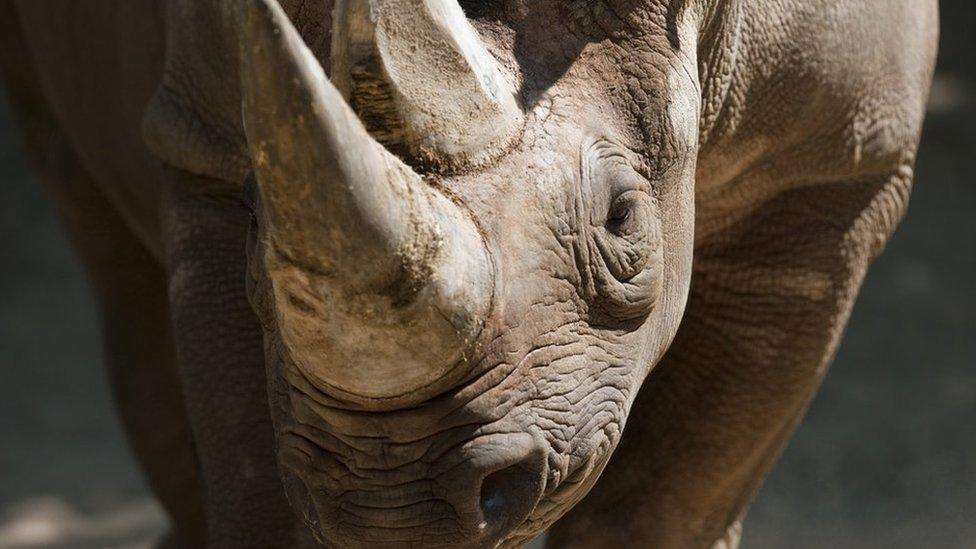Animal poaching: British soldiers' Malawi mission to stop poachers
- Published
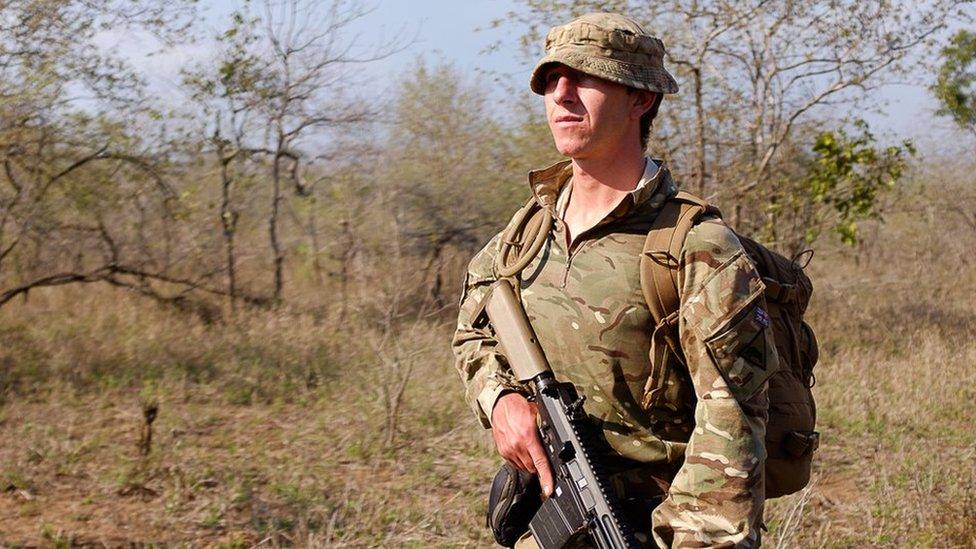
The soldiers and rangers try to be as invisible as possible, on patrols that often last for days
The Majete Wildlife Reserve sits in a large basin in the south of Malawi, and the roads that lead there are busy at 6am.
Not with vehicles, but with endless cyclists as Malawians make the most of the low light and cooler air to start their days.
The appearance of two British Army 4x4s turns heads as they leave the sights and smells of the villages, and head into the bush.
Lance Corporal Chad Spalding is one of those on board.
The 23-year-old is about to spend the next few days with local rangers Boston Phiri, who's pretty new to the job, and Retief Chomali, with ten years' experience.
Watch The Poacher Hunters, a Newsbeat documentary. Also available on YouTube, external
"You don't really have time to think," explains Chad. "Most of the time you're concentrating on the environment itself.
"You're constantly looking, watching dangerous game, anything that might sneak up on you."
Chad, who's originally from Zimbabwe, is one of 14 British soldiers in Malawi trying to help stop poaching. Ministers announced the British Army's involvement after a successful pilot last year.
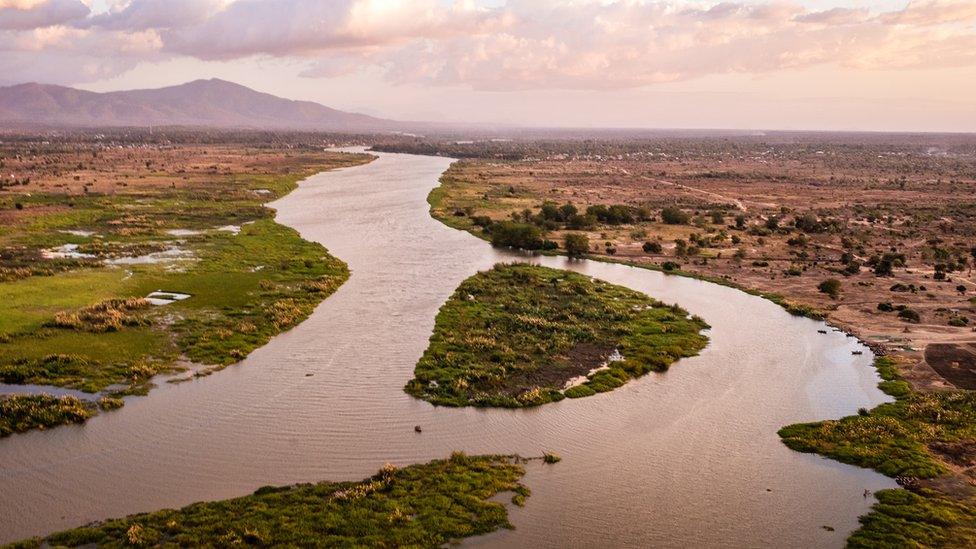
The Liwonde National Park in southern Malawi. Much of the country's landscape is burnt as people illegally make charcoal to sell and use themselves
Chad says the wildlife and the environment are important to him and he feels a sense of responsibility to make sure that others get to experience them.
"If we start chopping down trees and killing animals what will be left for future generations? Just a bunch of pictures in a book," he reflects.
Chad remembers working with lions when he was growing up on a project in Gonarezhou, Zimbabwe.
"After I'd seen the wildlife and what it's actually like out in the bush, I just really really bit into it. As soon as this came across the table, I took it straight away.
Allow X content?
This article contains content provided by X. We ask for your permission before anything is loaded, as they may be using cookies and other technologies. You may want to read X’s cookie policy, external and privacy policy, external before accepting. To view this content choose ‘accept and continue’.

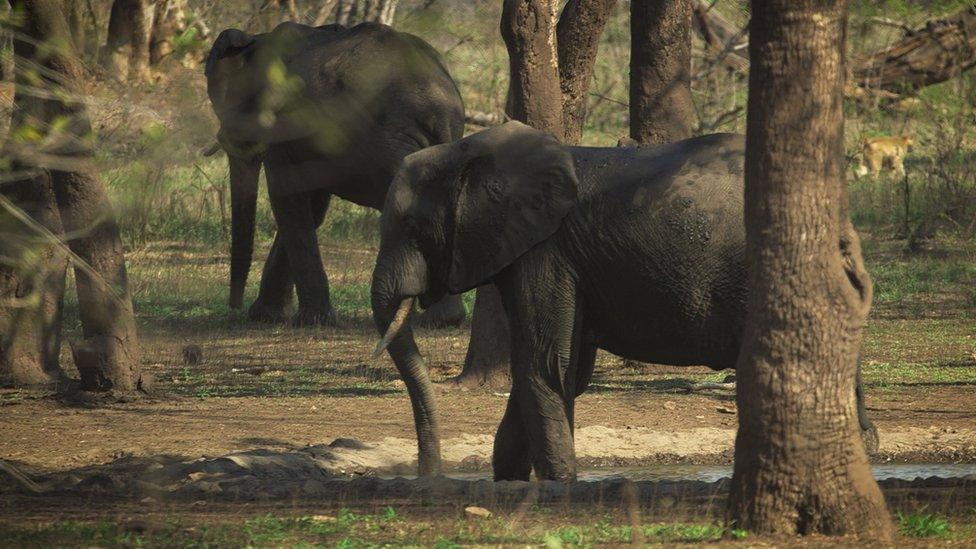
Malawi's elephant population has halved from 4,000 in the 1980s to 2,000 in 2015, according to African Parks, which runs the Majete Reserve
The illegal wildlife trade is a big business, thought to be worth £17bn a year worldwide. A rhino horn is more expensive than cocaine, heroin or gold.
In the last 50 years global black rhino numbers have dropped from 70,000 to 5,500, African Parks says. The organisation runs the Majete Reserve and two others in Malawi.
"Most jobs out here don't pay well, whereas if they get a rhino horn it's a pretty big pay day," Chad says.
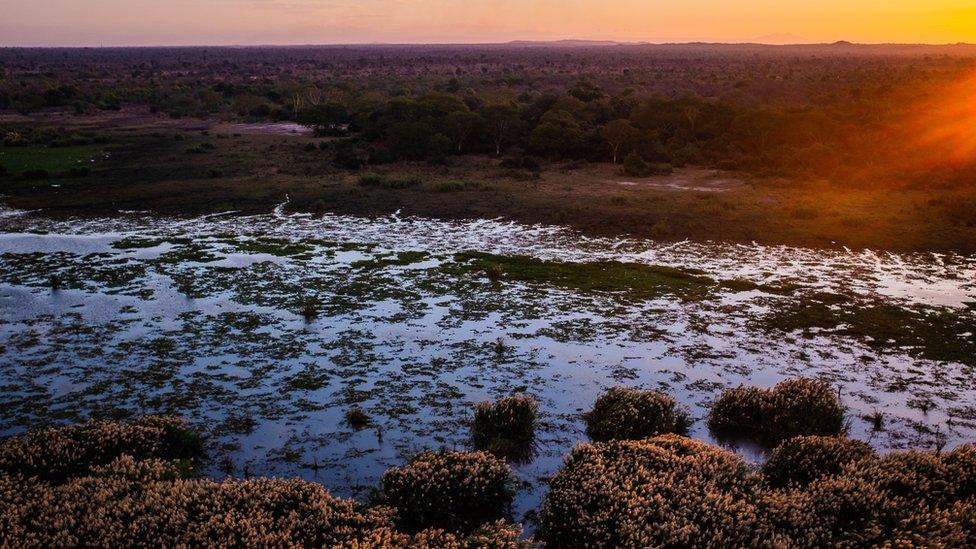
Liwonde National Park
"I know in Zimbabwe, South Africa, Mozambique, Tanzania there's quite a lot of heavy poaching.
"Most of the poaching that goes on is organised by higher syndicates which are funding these operations and equipping the poachers with better weapons to be able to defeat the rangers.
"Which is making it a lot hard for the rangers to keep up with the funding they've got. For now the rangers seem to be winning, let's hope it stays that way."
The military-style approach, along with tougher sentences, seems to be working for now though.
No elephants or rhinos have been poached in Majete for 15 years.
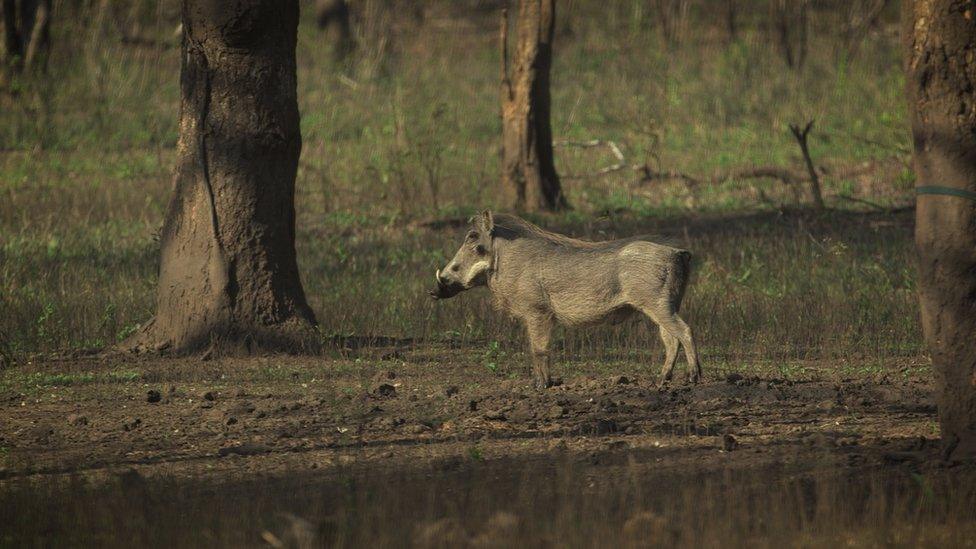
Lance Corporal Chad Spalding says he doesn't want animals ending up as "just a bunch of pictures in a book"
Chad knows what he would say to a poacher if he met one though.
"I would ask his reasons for doing it, and what he thinks the consequences will be if he does get caught.
"It's not a matter of if he gets caught it's a matter of when he gets caught. If he does carry on he is going to get caught, and he will go to jail."
Follow Newsbeat on Instagram, external, Facebook, external and Twitter, external.
Listen to Newsbeat live at 12:45 and 17:45 every weekday on BBC Radio 1 and 1Xtra - if you miss us you can listen back here.
- Published5 January 2018
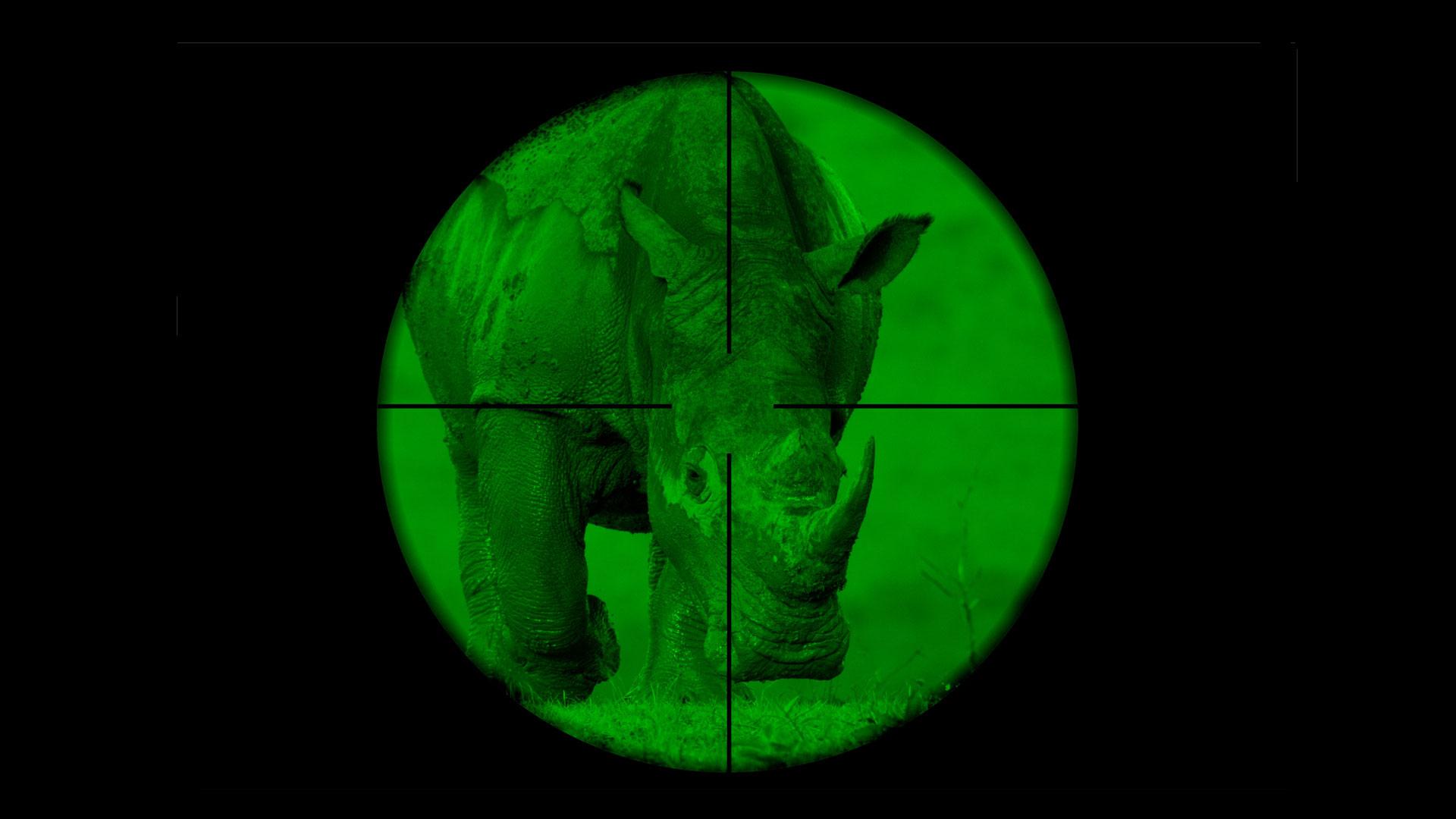
- Published7 February 2016
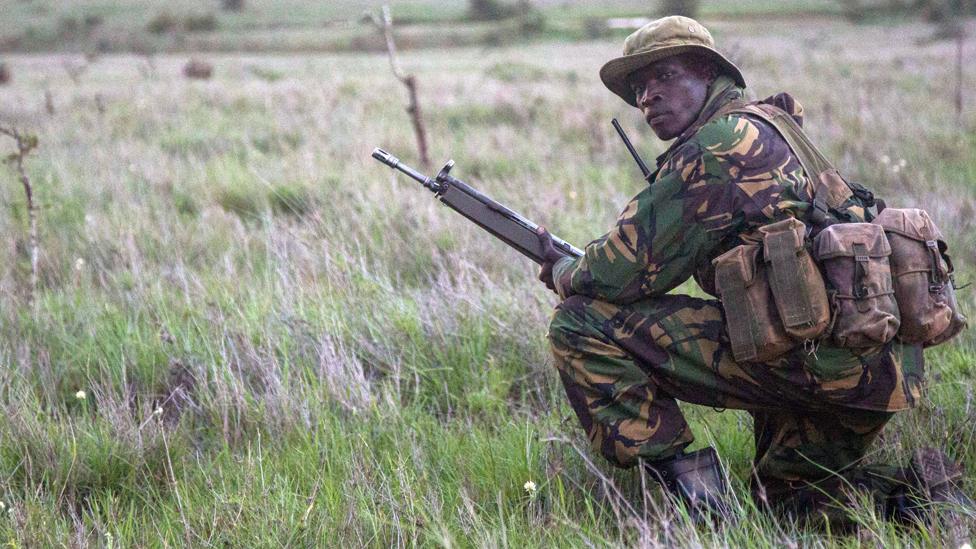
- Published11 May 2016
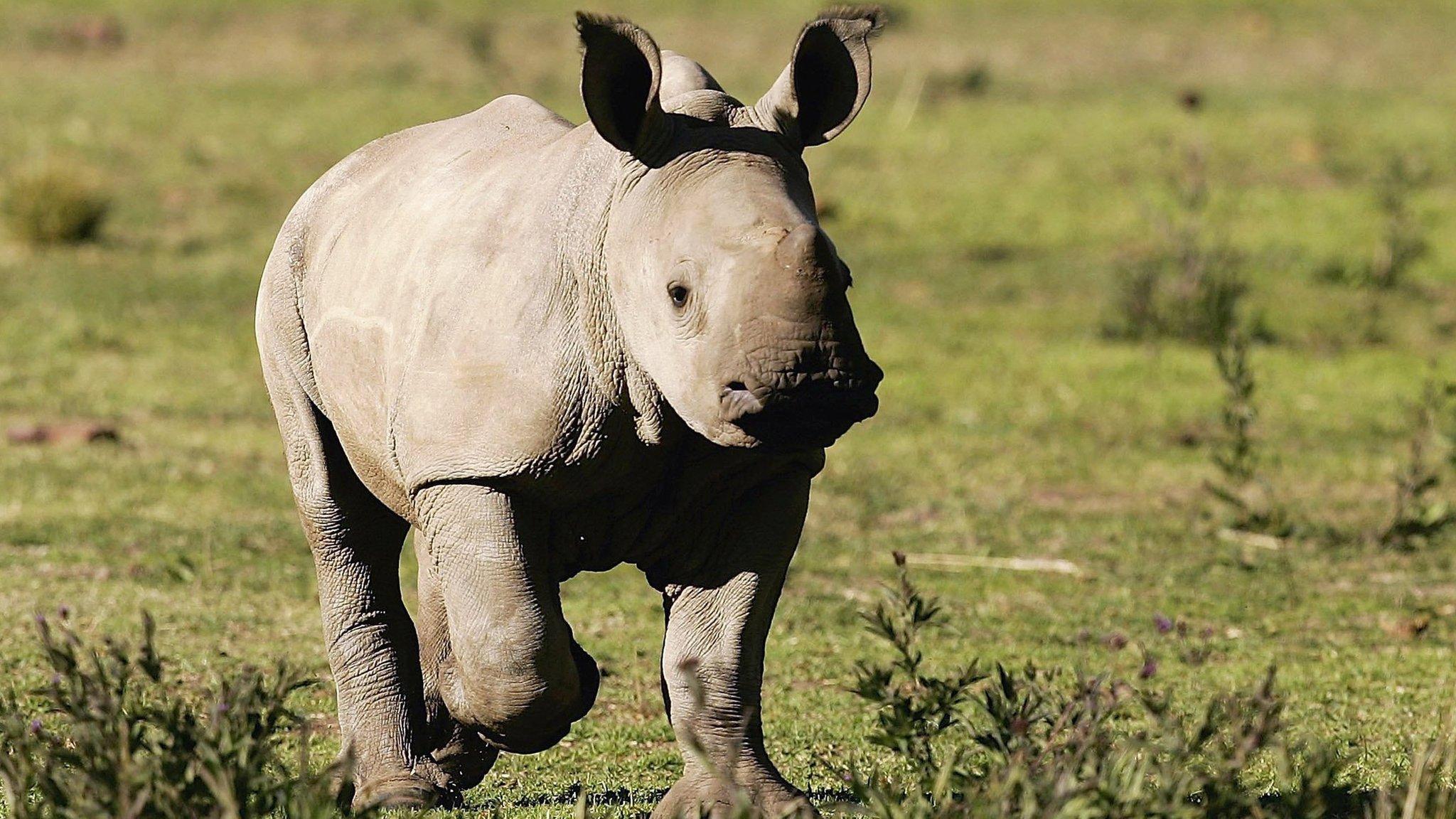
- Published8 May 2018
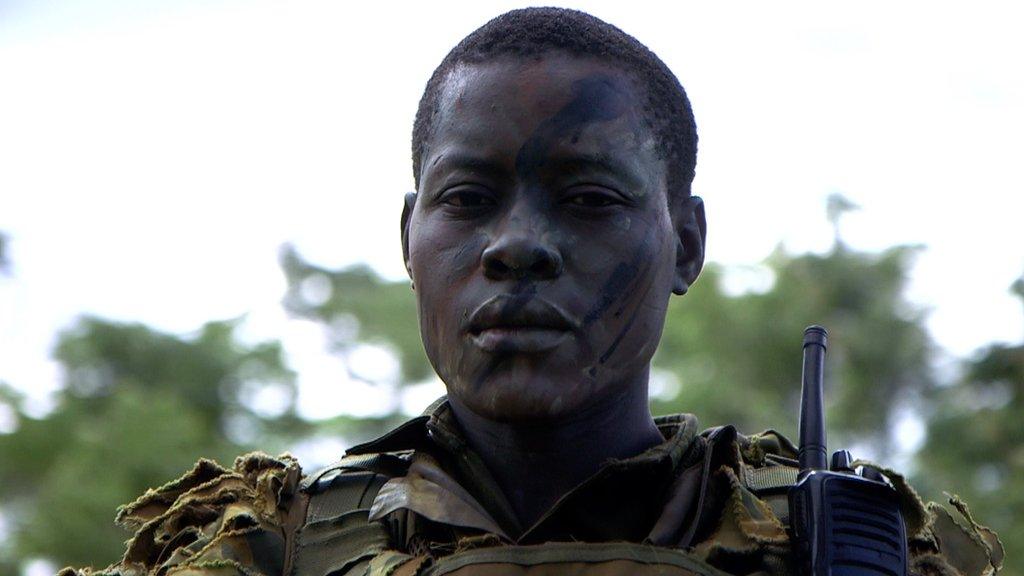
- Published25 April 2017
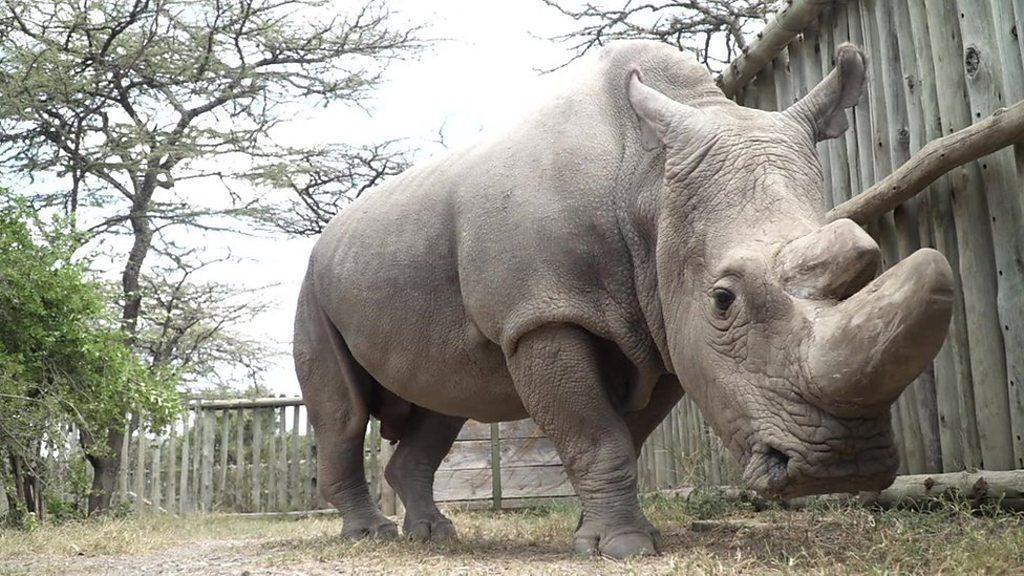
- Published4 July 2018
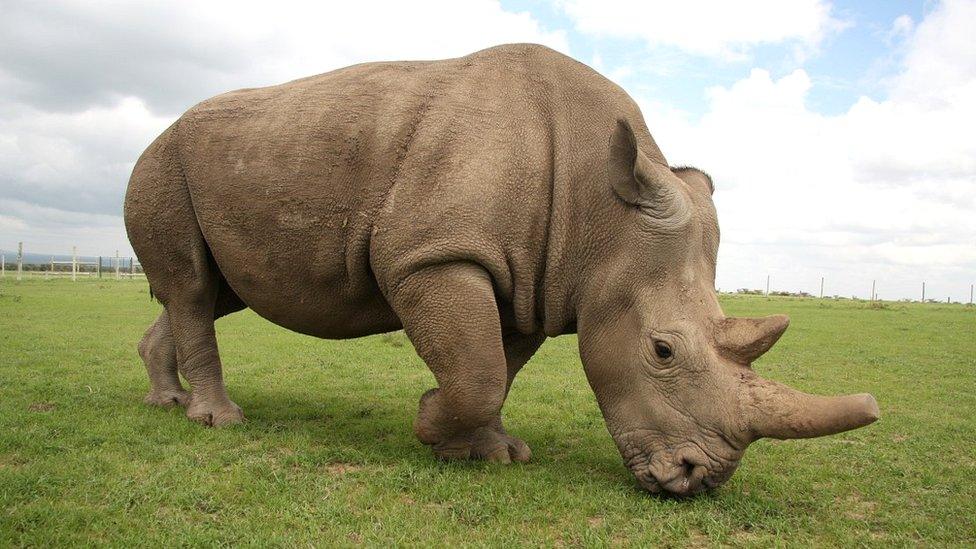
- Published13 July 2018
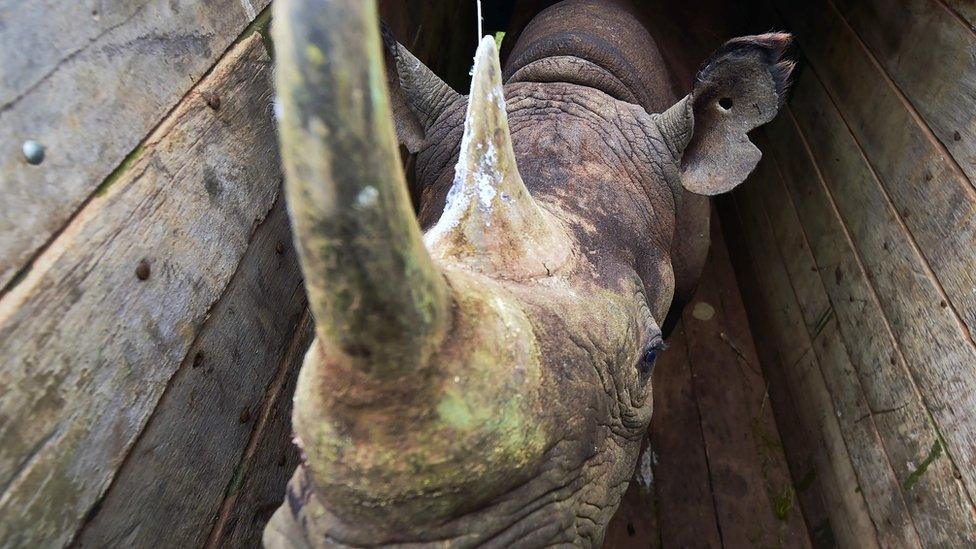
- Published31 July 2018
